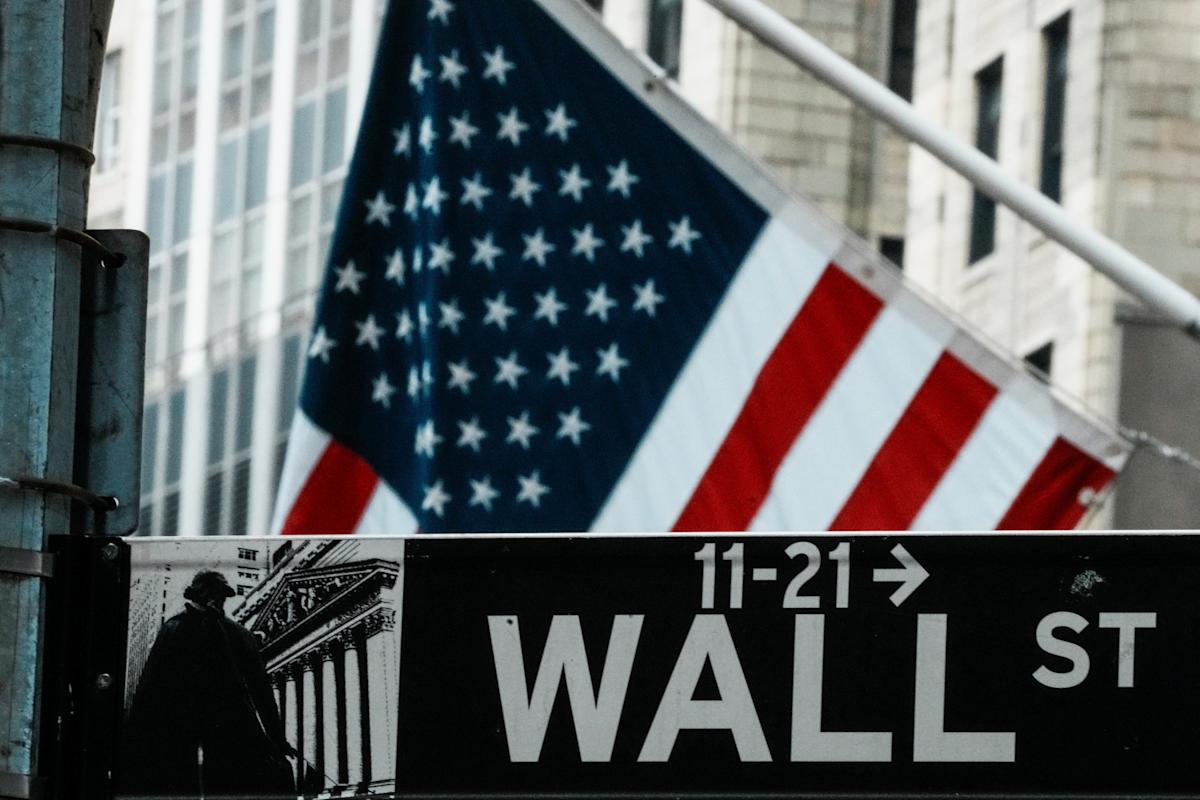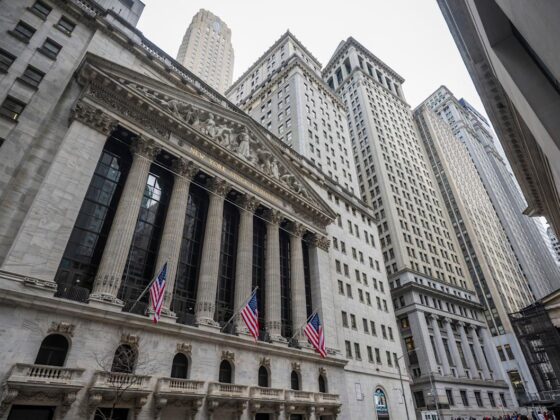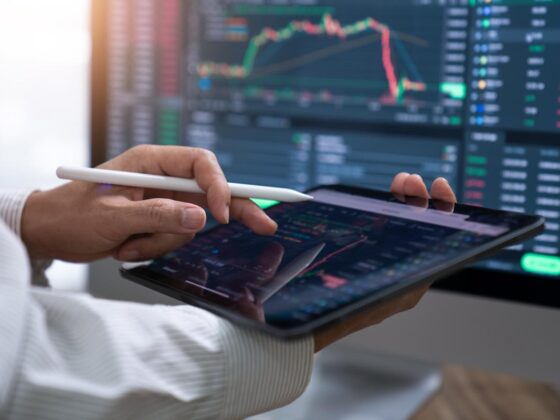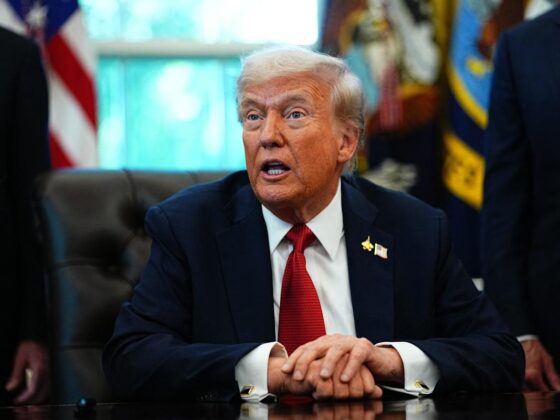Stocks are back near record highs once more as Apple's $100 billion US investment lifted the tech trade higher.
For the week, the S&P 500 (^GSPC) rose 2.5% while the Nasdaq Composite (^IXIC) ended with a fresh record close, rising nearly 4% across the five trading days. Meanwhile, the Dow Jones Industrial Average (^DJI) popped about 1.4%.
With markets now pricing in several interest rate cuts from the Federal Reserve this year, Tuesday's Consumer Price Index (CPI) inflation reading will headline the week of economic news. Investors will also be closely tracking updates on wholesale inflation, retail sales, and consumer sentiment.
On the corporate front, quarterly reports from S&P 500 companies will slow, with just eight expected to report. Quarterly updates from Cava (CAVA), Cisco (CSCO), and Deere & Company (DE) will headline the week of releases.
A quiet week of economic data did little to change the recent shift in the economic narrative. Fears of a slowing labor market are driving investors to bet the Federal Reserve will cut interest rates by at least a half a percentage point this year.
And the nomination of Stephen Miran, current chair of the president's Council of Economic Advisers, to replace Federal Reserve governor Adriana Kugler is only fueling predictions that the central bank will be cutting interest rates soon.
Fed officials had already been split on where interest policy should be, with Fed governors Chris Waller and Michelle Bowman dissenting on the central bank's recent decision to hold interest rates steady.
Read more: How the Fed rate decision affects your bank accounts, loans, credit cards, and investments
JPMorgan chief US economist Michael Feroli wrote in a note to clients that, should Miran be approved as a Federal Reserve Governor by the time of the September meeting, holding interest rates steady again could lead to at least three dissents from officials who believe the Fed should be cutting rates.
“That’s a lot of dissents,” Feroli wrote. “For Powell the risk management considerations at the next meeting may go beyond balancing employment and inflation risks, and we now see the path of least resistance is to pull forward the next 25bp cut to the September meeting.”
An update on how tariffs are impacting inflation is expected on Tuesday with the release of the July CPI report.
Wall Street economists expect headline inflation rose 2.8% annually in July, an increase from the 2.7% seen in June.
On a “core” basis, which strips out food and energy prices, CPI is expected to have risen 3% over the last year in July, up from the 2.9% increase seen in June. Monthly core price increases are expected to clock in at 0.3%, above the 0.2% seen the month prior.












